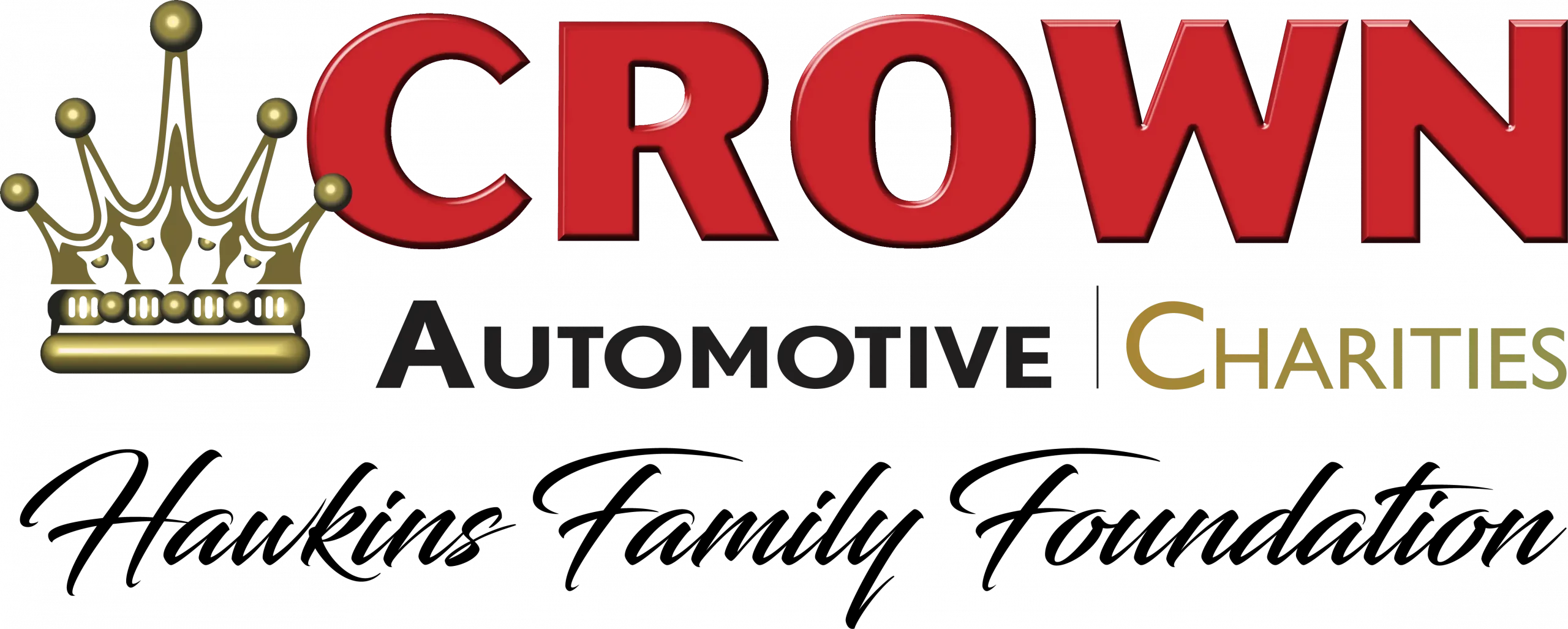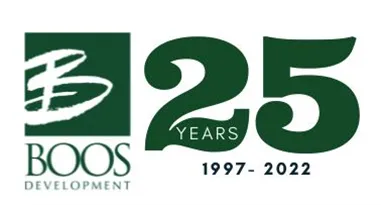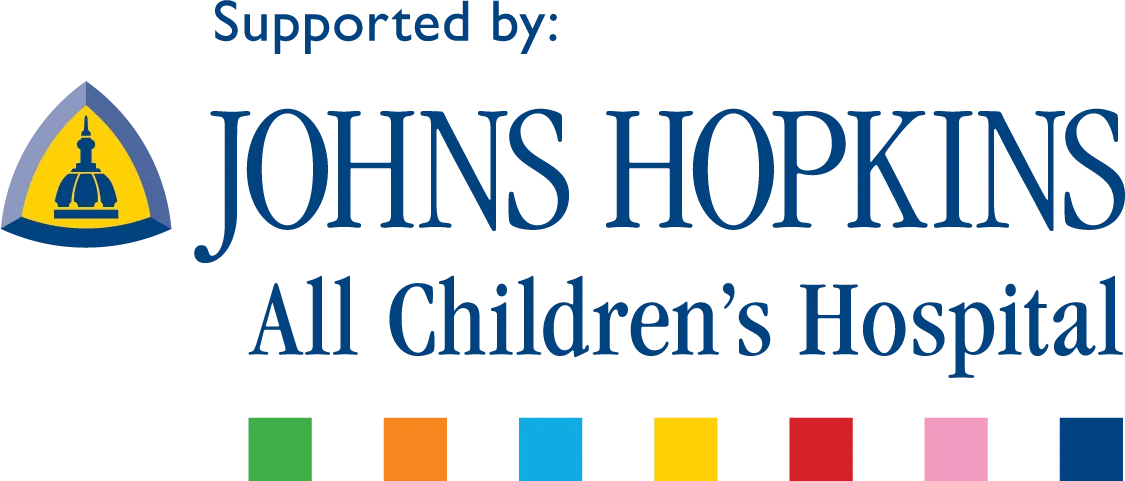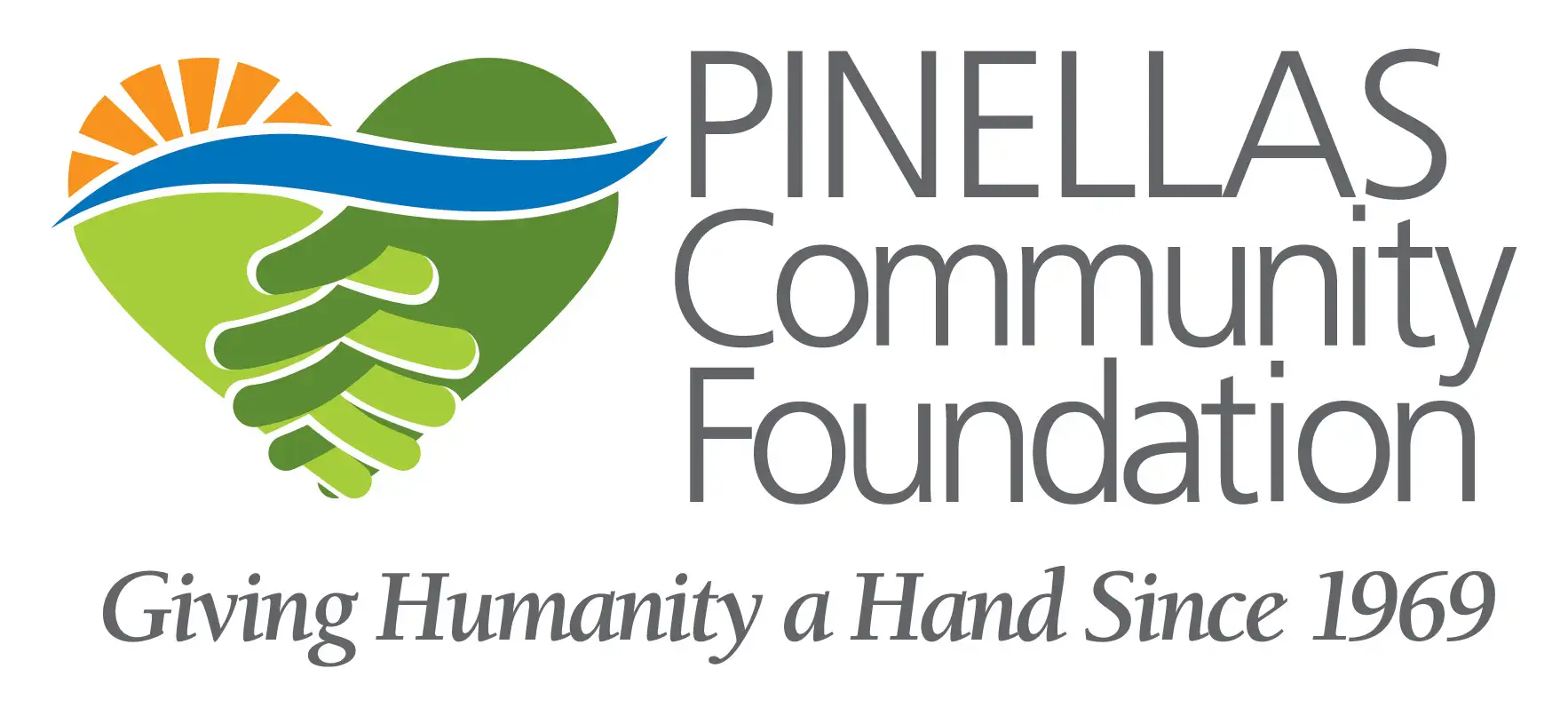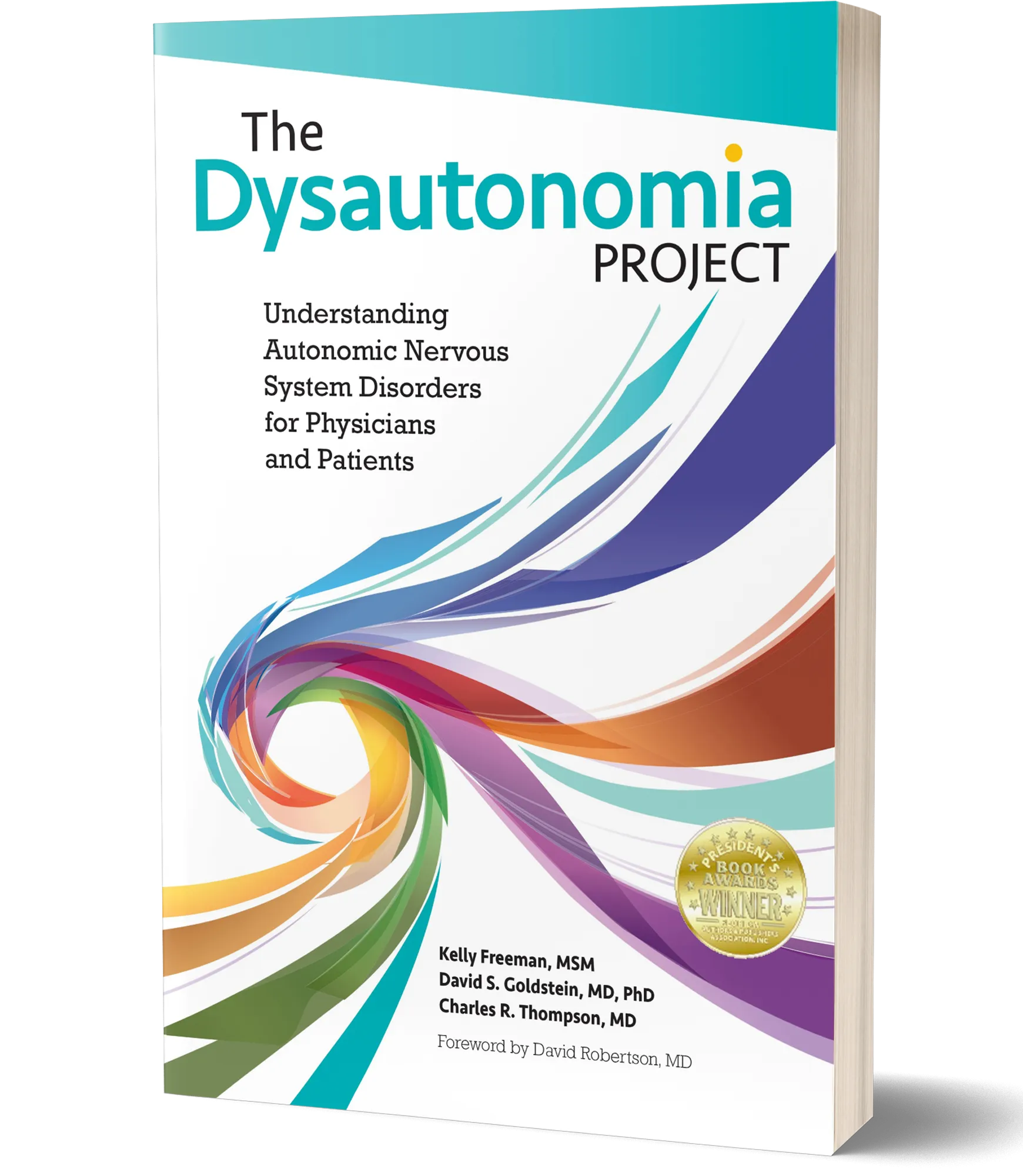What is Dysautonomia to Me? with Glen Cook, MD
Video Transcript
Mr. Al Ruechel: Hi everybody, I’m Al Ruechel, and in this segment, we’re going to talk about, “What is Dysautonomia to Me?”. Not to me, but to Dr. Glen Cook who joins us right now. Doctor, thank you for stopping by and talking with us. Give me a little about your history and what you’re involved in with dysautonomia if you would.
Dr. Glen Cook: I’m a neurologist for the United States Navy. I currently practice at Walter Reed National Military Medical Center which is where I did my neurology residency. After completing residency there, I did a fellowship in the clinical neurocardiology section at the National Institutes of Health. After finishing that fellowship, I did another fellowship in clinical neurophysiology and have since been in practice for the Navy. I run an autonomic disorders laboratory and clinic at Walter Reed in addition to running the neuromuscular clinic there.
Mr. Ruechel: Wow, were you one of the first ones to kind of get involved with this process? Because as we talk about dysautonomias, which I know is a blanket term, it’s something that… I used to cover medical stories. I don’t even remember it ten years ago.
Dr. Cook: So, I was really fortunate as a resident we already had an established autonomic testing laboratory at what was previously the National Naval Medical Center and then when Walter Reed Army Medical Center and National Naval Medical Center merged, that lab remained at the new Walter Reed. And it was as a third year resident that I started going into laboratories saying, “What are you guys doing in here? Let me start reading some studies with you.” And so, I started reading studies with the staff in there and became very interested in the topic, very interested in the physiology, and I said this is what I want to do. And so that’s really what pulled me into the field was that exposure and then becoming interested in the physiology and then recognizing the huge unmet need in the patient population.
Mr. Ruechel: Yeah, so what kind of dysautonomias, and again as we refer to this, it’s a blanket term not necessarily a diagnosis, but in all syndromes it kind of puts it into focus just a little bit. So, what kind of forms do you deal with of dysautonomias?
Dr. Cook: So, what we see most commonly in our clinic, the most common diagnosis we see is POTS, postural orthostatic tachycardia syndrome, and then the second two most common diagnoses we see are small fiber autonomic neuropathies and vasovagal syncope and I know we’re going to talk more about the terminology of that. So, it’s recurrent vasovagal syncope, small fiber autonomic neuropathies, and POTS are the most common diagnoses we see in our clinic.
Mr. Ruechel: Now, as you look at the patients you’ve been dealing with, I mean is it all over the spectrum or does it seem to narrow down to a certain age group or what?
Dr. Cook: In the POTS population there is a large predominance of young women, and that’s true of autonomic clinics across the country. Otherwise, the spectrum of our patients does really span genders and age ranges.
Mr. Ruechel: Now, because you mentioned it I’ve got to ask, why young women more than men? Or do we know yet?
Dr. Cook: We don’t know, we have some ideas. There definitely appears to be a hormonal component that drives the increase incidence of POTS in young women. We think there may be a larger role for autoimmune disorders causing some of the problems with POTS and there’s a signal that indicates that that’s the case for many individuals and many autoimmune disorders are more prevalent in women so that may be an additional reason why.
Mr. Ruechel: So, when you’re staffing up a clinic or a lab or something or whatever terminology is used what kind of people do you have to have that are part of that team because again with dysautonomias it’s a holistic look at so many things.
Dr. Cook: It is, and just like anything else in medicine it really does take a team and it is a team effort. I have great nurses that I rely upon. For our autonomic testing laboratory my autonomic testing technician is key to what I do and so we have a well-trained technician who has been doing autonomic testing for years now and so he is integral to our work.
Mr. Ruechel: Now, what kind of measures do you use to do determine if this is in fact some kind of a dysautonomia?
Dr. Cook: So, our lab runs a pretty standard battery of autonomic tests. We do quantitative pseudo motor axon reflex test, a QSART, so we’re looking at that evoked sweat response, we do a heart rate response to deep breathing, we do heart rate and blood pressure responses to Valsalva maneuver and we do a tilt table test with the noninvasive beat to beat blood pressure measurements.
Mr. Ruechel: And we’ll be talking a lot about that tilt table because when I got involved in this project, I knew nothing about it until the author of the book we’ve been talking about here and I go a tilt table can determine something as serious as that? Wow.
Dr. Cook: So that’s a pretty standard battery of tests that we do for certain cases we will do blood draws where we do venus blood sampling to look at plasma catechol measurements so the neurochemicals involved with the autonomic nervous system, we find that very helpful in some cases, we don’t do that as a part of our standard regimen. Like other clinics we rely on ancillary tests from a lot of our colleagues. So, the parameters we test in our lab aren’t the only parameters that can be measured. Autonomic dysfunction can involve the gut so we rely on testing from our gastroenterology colleagues, it involves the urogenital system and so we rely on testing from our urology colleagues, it can be very helpful for informing certain cases.
Mr. Ruechel: Because dysautonomias are fairly new in terms of what we know about them do you find that as you explain, and even as a part of the AAS, when you explain to people what’s going on it’s kind of like a lightbulb going on or is it kind of like I had no idea that this was going on.
Dr. Cook: I’m glad you mentioned that lightbulb because I see that time and time again, with physician colleagues and other health professionals, medical students, and with patients and that is one of the most rewarding parts of my job is seeing those lightbulbs go on and people suddenly realized like oh I understand the physiology and now I see what’s going on with this patient or with me if I were talking about a patient and now we can have some idea of what to do to make things better. So yes, we do see that and like you mentioned part of that comes with the fact that dysautonomias have not largely been taught in medical curricula.
Mr. Ruechel: Why do you think that is, is it because it’s so difficult?
Dr. Cook: I think the difficulty, the complexity is part of it, you look at the wiring diagrams that we draw of the autonomic nervous system.
Mr. Ruechel: Oh yeah, I’ve looked at some of those diagrams, unbelievable.
Dr. Cook: And people look at those and just want to throw their hand up in despair and give up, I think that that’s part of it, people just say this is just too complex to even sort out and I would respond to that actually when you break it down it’s digestible.
Mr. Ruechel: It makes a little bit of sense.
Dr. Cook: It does, it does; I think that other big factor that contributes to the lesser focus on education of dysautonomias is the interdisciplinary nature. In western medicine to a great extent we exist in silos, you’re some type of -ologist.
Mr. Ruechel: I have heard that silos comment a lot.
Dr. Cook: Ok, and I think we need to break down those silos because the autonomic nervous system spans the entire body, it spans all of the -ologists in medicine.
Mr. Ruechel: All in one yeah. So, I want to get two pieces of information from you. Number one, the most helpful piece of information you can give a physician that might be watching this video right now, what would that be?
Dr. Cook: Listen.
Mr. Ruechel: To the patient?
Dr. Cook: The advice is listen. Most of the time the patient is going to tell you what’s going on. You may have to help the patient along with asking the appropriate questions. Our number one diagnostic tool in medicine, not just autonomic medicine, but our number one diagnostic tool in medicine is the patient history. We have to ask; we have to take an appropriate history.
Mr. Ruechel: And sometimes that can’t be done in fifteen minutes, can it?
Dr. Cook: Absolutely, absolutely and that’s a very important point that is broader than just our conversation here, and one that I think is very, very important for us as physician leaders to recognize, that doing good work takes time. And you oftentimes especially in a patient with a chronic medical condition, you can’t take an appropriate history in fifteen minutes. You can’t teach a patient and family appropriately in fifteen minutes.
Mr. Ruechel: So again, that was for the physicians, for the patients themselves what would you say to them right now? And one of the messages we’ve heard a lot is be patient. Although when your whole systems are going on, being patient is one thing to say and another thing to do it.
Dr. Cook: My advice would be don’t lose hope, there is hope. That’s what I would tell patients I would add, I would add something that a prior patient of someone that I respect and admire in this field said about him. One of his patients said I knew my doctor would never give up on me and so what I would say to our patients is we are not going to give up on you.
Mr. Ruechel: Oh, that’s great.
Dr. Cook: That’s the message I want our patients to have, don’t lose hope, we are not going to give up on you.
Mr. Ruechel: Wow, Doctor Cook thank you so much and congratulations and good luck on all of your work.
Dr. Cook: Thank you so much for being here and allowing me to be here.
Mr. Ruechel: Oh, I’m having fun. I’m enjoying this very much. Thank you, sir.
Dr. Cook: Great.
Visit our Education Center for Autonomic Disorders for additional video resources for patients and providers
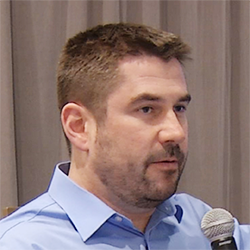
Wolfgang Singer, MD
Associate Professor of Neurology
Mayo Clinic Rochester, MN




